 When it comes to obesity and breastfeeding, here’s what we know: Not breastfeeding increases the risk of childhood obesity (a 32% excess risk, according to the Surgeon General).
When it comes to obesity and breastfeeding, here’s what we know: Not breastfeeding increases the risk of childhood obesity (a 32% excess risk, according to the Surgeon General).
And here’s what we don’t know: Why and how? Is it something in the milk? Is it something about the feeding method? Is it something in formula?
A new study, which confirms prior research, investigated the relationship between obesity risk and breastfeeding, bottle-feeding, and what goes in the bottles, and concludes that feeding method plays a key role in the amount of weight babies gain and their future risk of childhood obesity.
This longitudinal CDC study followed nearly 2,000 babies from birth to one year, gathering at least three weight measurements. Babies were categorized into one of six feeding method categories. Here’s what the study found:
Compared with strictly breast-fed infants, babies who exclusively bottle-fed gained 71 or 89 g more per month when fed either nonhuman milk only (P < .001) or expressed human milk only (P < .02), respectively. But, “they gained only 37 g more per month when fed both expressed human milk and nonhuman milk (P = .08).”
The researchers also determined that babies who breast-fed and drank expressed human milk from bottles gained weight in a similar manner to infants who exclusively breast-fed, whereas infants who both breast-fed and drank from bottles of nonhuman milk gained 45 g more per month (P < .001), suggesting that “supplementing breastfeeding with expressed breastmilk would be preferable to supplementing breastfeeding with nonhuman milk.”
Why would it be that the effect of breastfeeding would be different when feeding pumped milk? The authors suggest: “In contrast to infants fed at the breast who may need to actively suckle, formula-fed infants are more likely to be passive in the feeding process, and caregivers’ control might undermine infants’ capability for self-regulation to balance energy intake against internal cues of hunger and satiety.” This is consistent with earlier preliminary research suggesting that found that breastfed children could more easily determine when they were full.
In other words, when parents are in control of feeding, we tend to push babies to eat past the point of fullness. You could call this the “just finish it!” instinct.
(And I wonder - with no evidence but my own pumping experience and that of moms I’ve worked with - if this urge might be particularly strong for mothers who have done the dreary work of pumping and don’t want to see a single drop go to waste.)
The take home message: It’s not just about the milk. The act of feeding itself may play an important role in establishing a healthy weight and healthy self-regulation of food intake.
What to do if you’re a bottle-feeding mom? If you want to practice bottle-feeding which supports healthy weight and feeding behavior, please check out our post, “How to Bottlefeed as You’d Breastfeed.”
Did you bottle and breastfeed? Ever find yourself resisting the urge to make your baby finish a bottle? If you breastfed, do you think your baby could recognize when he/she was full?



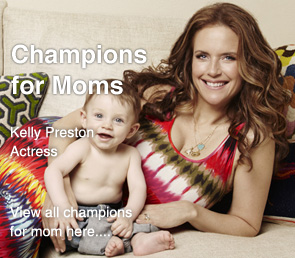
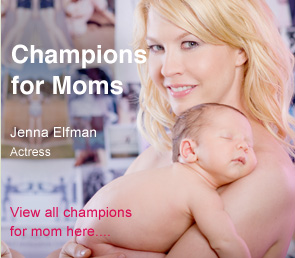
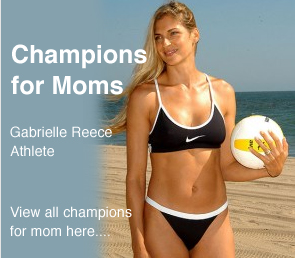
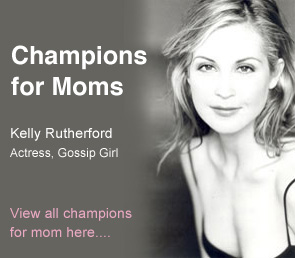
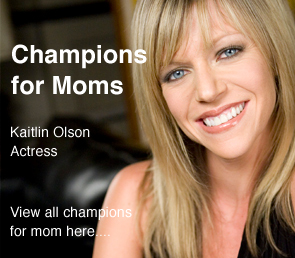
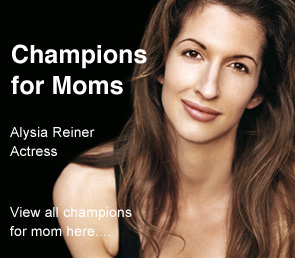
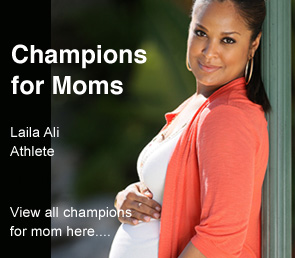
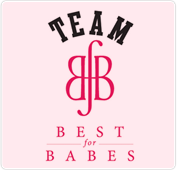
I breastfeed and of course have to pump at work. My husband and the baby sitter both know to only offer what he will take and add more if he needs it. It all comes down to understanding the process and how it hurts a baby to “just finish it”! My son will not eat more than he is hungry for. I am lucky enough to not have a supply issue, but for moms that do, I would suggest that the care givers make sure to start off with less than baby needs and only add as needed. Which in turn means feeding more often than a formula fed baby. Thanks for the article!
Interesting, I agree that the protection against obesity is partially in the feeding method of the baby -specifically that the baby follows his own cues. However, I have to say that I question the validity of this particular study because it only follows these babies weight gain for this first year. We do not really know if these babies become obese later or that the fat on a baby leads to obesity. A fat baby does not equal a fat child or fat adult.
I would like to see more information on the practices of the breastfeeding group, too, because many mothers control time at the breast in terms of intervals and pacifier use. That could also leave the breastfeeding group weighing less. This interests me because one of my children nursed a lot and was over at the 100% for her first year of life, but slimmed down in toddlerhood. The other was at 75% for weight with the same type of slim down over time as a toddler. I was never worried about their weight, but followed their cues. Both are slim and fit as a a child and adolescent.
I guess what concerns me with this study/report is the focus on the baby’s weight. I think that’s really misleading and potentially harmful. Focusing on breastfeeding and following a baby’s cues is important - I fully support that. When we listen to our babies and trust them to tell us what they need that gives us the best outcomes, I believe.
Well said, Susan. Your critique of this hits on all of my concerns for the study, as well, especially re: only following to one year. The premise of the study absolutely makes sense anecdotally, but I fail to see how the outcomes of this study prove anything about obesity, especially long-term.
Susan and Anna,
There is actually good evidence that the deviating from the typical growth pattern (using the breastfed baby as the norm) by gaining more weight in infancy heightens the risk of later overweight and obesity.
Here’s one meta-analysis from 2005 which looked at this question and found: “Ten studies assessed the relation of infant growth with subsequent obesity and most showed that infants who grew more rapidly were at increased risk of obesity.” It also found 18 studies which “assessed the relation between infant size and subsequent obesity, most showing that infants who were defined as “obese” or who were at the highest end of the distribution for weight or body mass index were at increased risk of obesity.”
We’ve known for a while, through the DARLING study, that breastfed babies and formula fed babies grow differently, with formula fed babies not experiencing the slow down in growth which begins at around 3 months. And we know that this heightens the risk of later overweight and obesity. We just haven’t known why. Is it something in the milk? Something in formula? The feeding method itself?
One could read this and worry that an exclusively breastfed baby who is at the highest end of the distribution are also at risk of later overweight or obesity, but there isn’t any evidence I’m aware of to support that.
Whoops! Here’s the link to the meta-analysis I mentioned: http://www.bmj.com/content/331/7522/929.short
So what does this mean for working moms who send their babies to day care with a bottle of expressed milk who might also get the “just finish it” mindset? I hope mine didn’t do this - my Day care provider nursed all her (9) children til age 2, but I can’t be sure. I did get some bottles back with milk in them and MY thought was, oh no, all that I pumped went to waste!